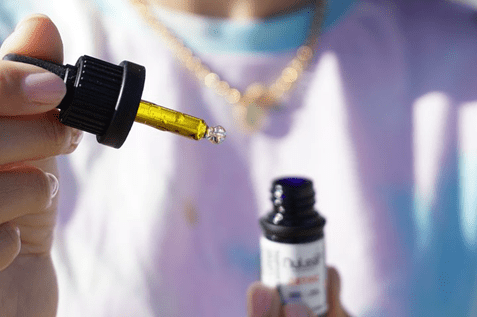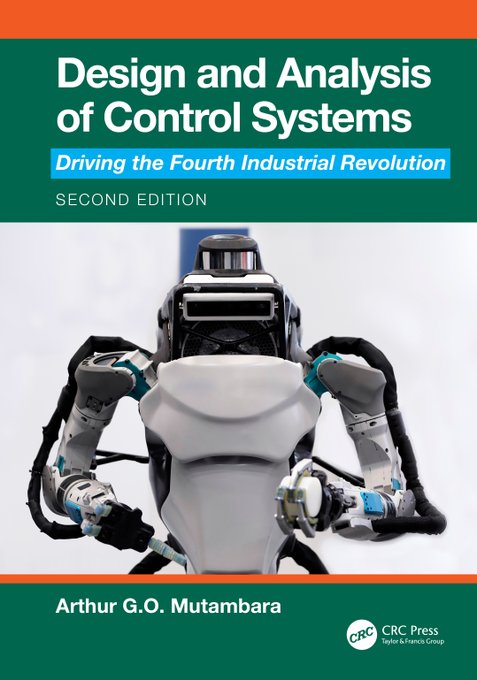You might be aware of two naturally occurring compounds called CBD and THC derived from the cannabis Sativa plant. Cannabis produces more than 100 chemicals called cannabinoids. They are responsible for causing the drug reaction in your body. Both CBD (Cannabidiol) and THC are present in marijuana and hemp. Marijuana has a high concentration of THC, whereas hemp has a high concentration of THC.
There are three types of cannabidiol which are CBD isolate, a pure form of cannabidiol free from THC, whereas in full-spectrum CBD, it contains terpenes and other cannabinoids with 0.3% of THC, and the third one is broad spectrum which is also free from THC but retains cannabinoids and other compounds.
What is CBD?
The cannabinoid is one of the cannabinoids present in cannabis plants. It consists of less than 0.3% THC and does not produce any psychoactive effects, and it is classified as hemp. Whereas marijuana contains greater than 0.3% THC, and they give psychoactive effects.
Cannabidiol derived from cannabis plants is legal in the United States if it comes from hemp.
What is THC?
THC or Delta-9-tetrahydrocannabinol extracted from cannabis plants is an important cannabinoid. But it produces an intoxicating and psychoactive effect, which will make you high.
What are THC–free CBD products?
Cannabidiol consists of therapeutic properties that help to treat anxiety, chronic pain, sleep disorder, etc. Two types of THC- free cannabidiols are available, called isolate and broad-spectrum.
In isolate form, only CBD is present, and there is no THC. True isolate should not contain THC or any other cannabinoids. Likewise, broad-spectrum form also lacks THC but has other cannabinoids and terpenes, and flavonoids occur naturally in the plants with therapeutic properties.
1. CBD isolate
It is the best option for beginners of cannabidiol, which carries potential health benefits. There is no interaction of other compounds with these cannabinoids. It is found to be a refined one that has no taste and odor. The isolate form produces effects against the pain and other health conditions with a specific dose.
It is opposite to the full-spectrum form—the medicinal effect of THC increases as the dosage increases. People sensitive to THC may prefer the isolate which is free from THC. While purchasing cannabidiol products, people should be aware as the items with free THC labels may have a trace of THC.
2. Full-spectrum CBD
It has a higher effect than free-THC cannabidiol. The health benefits are more prominent due to the cannabinoids and other compounds, which produce entourage effects.
3. Broad spectrum
This form is similar to the full spectrum as it has additional cannabis plant compounds. It may have zero or traces of THC, less than 0.3%.
People interested in THC-free cannabidiol products can go for an isolated form.
Now, we will focus on the difference between THC-free CBD wax products and CBD products and will conclude whether both are the same or different.
The difference between CBD and THC
- Chemical structure
CBD versus THC has been a trendy topic recently. Both cannabidiol and THC have the same chemical components, consisting of 21 carbon atoms, 30 hydrogen atoms, and two oxygen atoms. But they are isomers, their structural arrangement varies, and therefore the body takes it as different compounds. They are similar to endocannabinoids present in our body and interact with cannabinoid receptors.
It results in the release of neurotransmitters in the brain and produces a biochemical response to pain, stress, sleep, immune function, and many more.
- Psychoactive component
Even though cannabidiol and THC have similar structures, the psychoactive effect varies. THC is very popular for its psychoactive effects, and it is still illegal in many states.
Cannabidiol is a non-psychoactive component, and it will not get you high like that of THC.
- Medical benefits
Both compounds can interact with the endocannabinoid system (ECS). They are involved in maintaining the physiological system. It controls many biological processes such as sleep, mood, memory, appetite reproduction, and fertility. But they have different properties with different health benefits.
Cannabidiol benefits
It has several health benefits by interacting with cannabinoid receptors and treats arthritis, Crohn’s disease, cancer, multiple sclerosis, and diabetes. It treats daily issues such as skincare, anxiety, inability to focus, pain, and brain health. It is available in capsules, oil or tinctures, and many more forms.
THC benefits
You have to get a doctor’s prescription to use this THC. It helps to cure painful symptoms related to nausea, low appetite, and chronic pain.
- Side effects
Cannabidiol will not cause any adverse effects but rarely produces mild effects when taken in large doses. It has been well-tolerated by the people, without any toxicity. If side effects are noticed, it may be due to its interaction with other drugs taken by an individual at the same time. The common side effects are diarrhea, dizziness, appetite changes, reduction in weight, and fatigue.
All the above effects can be prevented by taking a dose low. A high dosage of cannabidiol increases the adverse effects.
THC, on the other hand, produces well-known side effects, such as increased heart rate, dry mouth, coordination problems, red eyes, slower reaction, and more. All these effects are due to their psychoactive properties.
- Interaction in the body
When THC is taken, it binds to the CBD1 endocannabinoid receptor present in the brain. It results in making your head high, known for euphoria, confusion, and anxiety.
Cannabidiol also binds to the CB 1 endocannabinoid receptor, but the binding is not strong. Therefore it will not cause psychoactive effects.
- Legality
Cannabidiol is first placed under the schedule I drug under federal law. It is no longer a controlled substance as it is a natural source. It is declared legal under the Farm Bill, passed in 2018. There is no restriction in possessing, using, and buying this product.
On the other hand, THC from marijuana is illegal at the federal level. It is placed under schedule I substance.
- Drug testing
When you go for standard chemical tests, it will confirm the presence of THC. Hence THC would appear on a screen.
Cannabidiol products made from the isolated form or broad-spectrum will not show- up on drug tests.

Conclusion
Both free THC cannabidiol and cannabidiol products were derived from the same cannabis plants. Both of them have different properties, and they vary from one another. THC gives high feeling effects, and cannabidiol is well-known for its health benefits. Before purchasing any cannabidiol products, you have to read the label carefully to know whether it is free THC cannabidiol or not.














